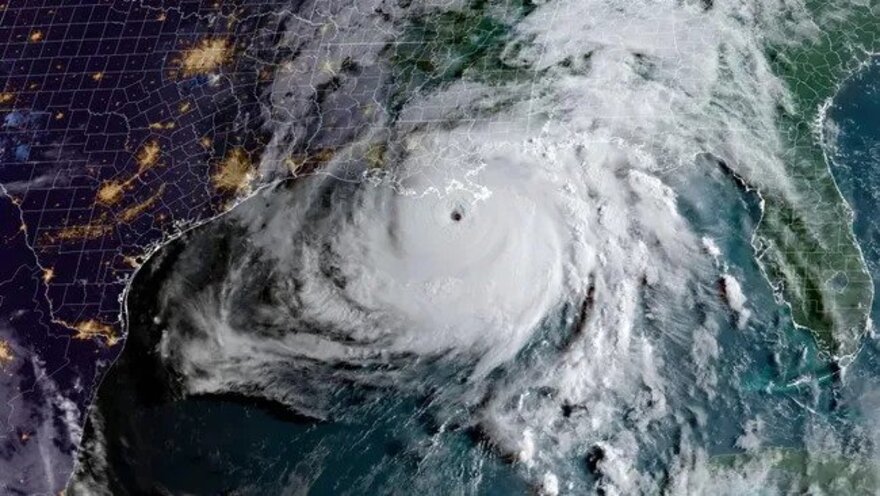Google’s DeepMind team has created a GraphCast machine learning algorithm that predicts the weather from a set of raw data. It does this better than supercomputers working with traditional models.

How machines predict the weather
On November 14, an article about the results of using artificial intelligence for weather forecasting was published in the journal Science. Google’s DeepMind team developed a machine learning algorithm called GraphCast and used it to make predictions about what would happen over the next 10 days.
Computer analysis has long been used to predict the weather. It is based on obtaining accurate data on the current state of the atmosphere from numerous stations and probes. All these data are loaded into computers, which process them in accordance with the current physical models of the behaviour of the atmosphere.
The only problem is that such calculations require enormous powers. Therefore, they use supercomputers for them, an hour of operation of which is rather expensive. Scientists believe that if neural networks are used instead, this process will require significantly less computing resources.
Artificial intelligence or supercomputer?
It was according to the same scheme that GraphCast was created. Like every neural network, it had to be trained first. Scientists used observations of the weather over the past 38 years for this purpose. After that, they provided it with data for 2017, collected from more than 12 thousand observation points.
At one time, all of them were processed by a supercomputer at the European Centre for Medium-Range Weather Forecasts (ECMWF). Therefore, the forecasts made for them using traditional models are known, and it is known how accurate they turn out to be.
Scientists compared what GraphCast produced with these results and concluded that they were more accurate than traditional models in at least 90 percent of cases, of which there were 1,300 in total.
In addition, GraphCast proved to be able to predict catastrophic weather events, such as heatwaves, heavy rains with the formation of floods, cyclones and storms. It could accurately predict them in 99 percent of cases and the test period.
At the same time, scientists are in no hurry to talk about a revolution in meteorology. Despite how accurately GraphCast is able to predict the weather, it has no idea what it is. Just successfully compares the initial data with the consequences.
It is simply impossible to use its forecasts to understand the physical processes in the atmosphere. Therefore, scientists predict that at least in the next few years, no one is going to give up supercomputers for weather forecasting.
According to www.space.com
Follow us on Twitter to get the most interesting space news in time
https://twitter.com/ust_magazine


